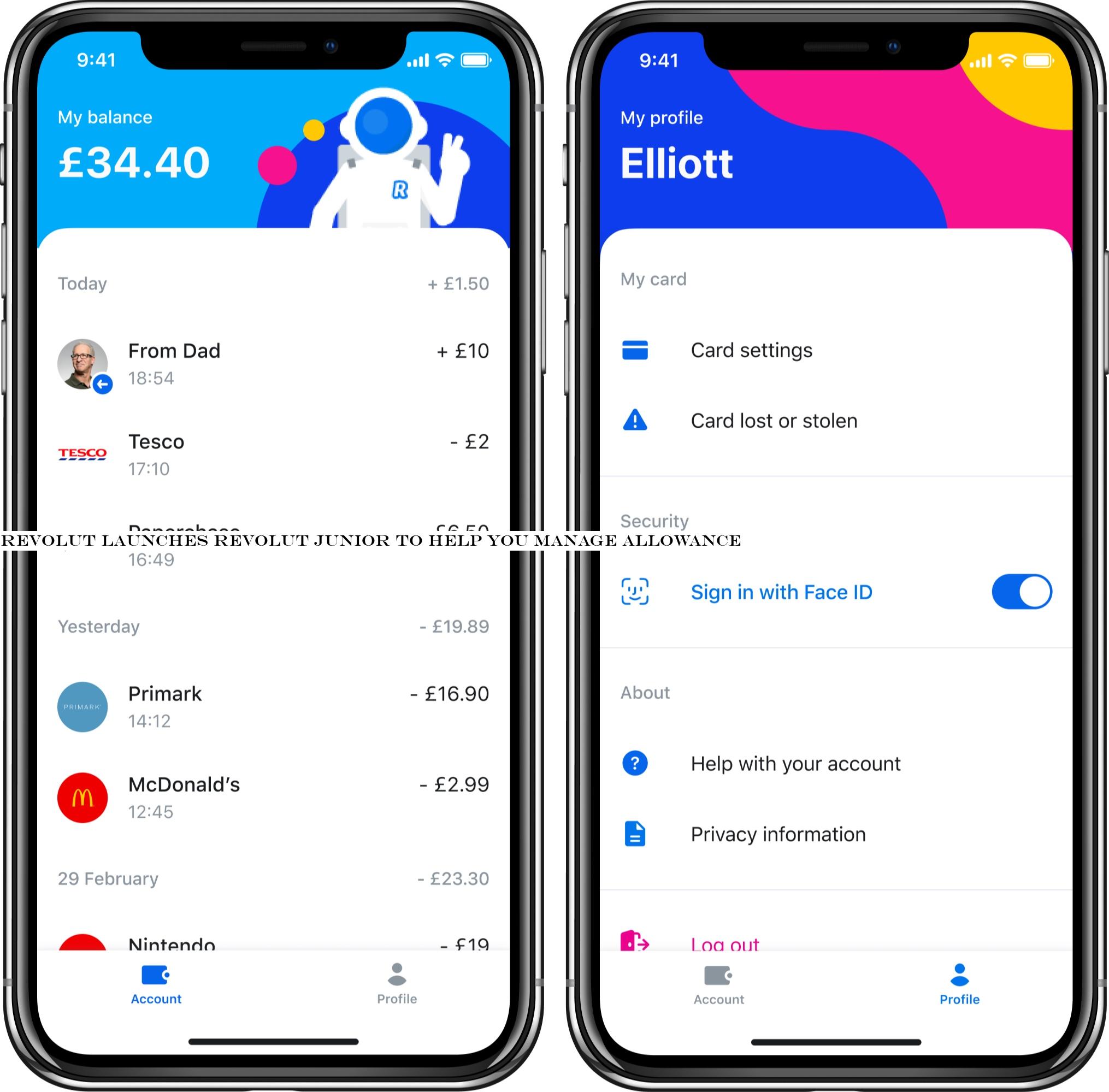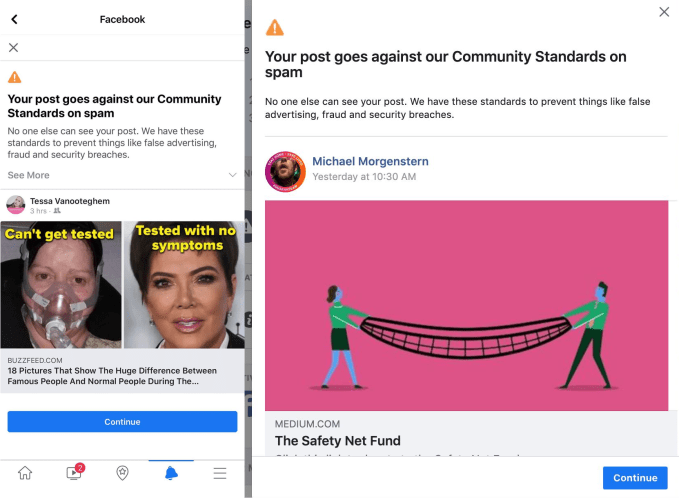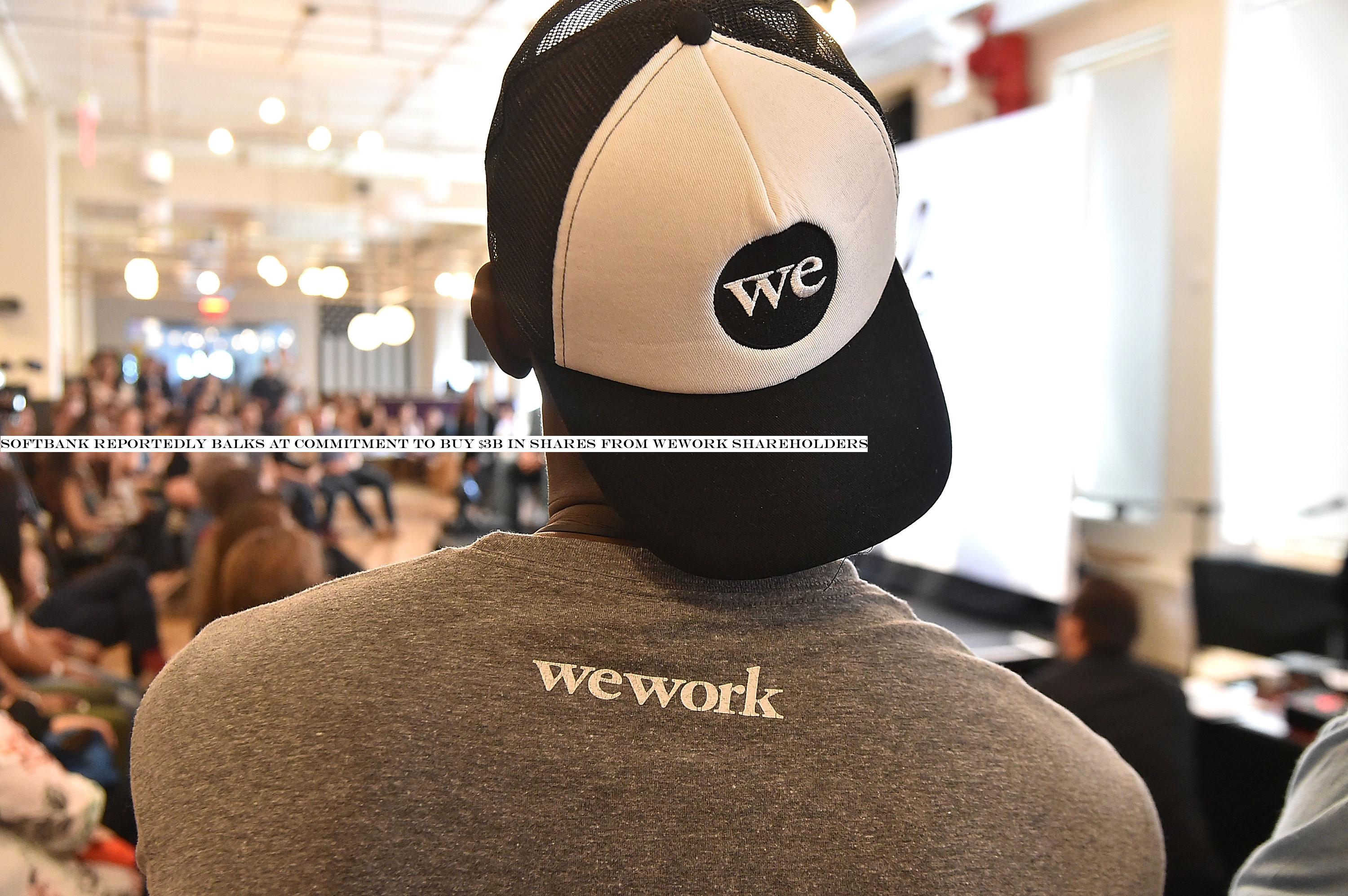Music
Trailers
DailyVideos
India
Pakistan
Afghanistan
Bangladesh
Srilanka
Nepal
Thailand
StockMarket
Business
Technology
Startup
Trending Videos
Coupons
Football
Search
Download App in Playstore
Download App
Best Collections
Technology

Tesla is not an essential business according to the Alameda County Sheriff, a declaration that could force the automaker to shutter some of its operations in the county under a shelter in-place directive that was ordered because of the global spread of COVID-19, a disease caused by coronavirus.
The county, which includes Fremont, where Teslafactory is located, issued Monday a shelter-in-place order that requires all nonessential businesses to close, including bars, gyms and in-dine restaurants. Takeout and delivery restaurants are still allowed.
Tesla kept the Fremont factory despite the order, claiming that part of the companyoperations fell under an exemption in the countyorder. Tesla CEO Elon Musk told employees in an email that the company would continue operations at the Fremont factory, where the automaker assembles the Model S, Model X, Model 3 and now Model Y electric vehicles. Musk did tell employees that should not feel obligated to come to work if they &feel the slightest bit ill or even uncomfortable,& according to an email first reported by Los Angeles Times and Bloomberg.
The email to Tesla factory employees came just a few days after Musk sent an email to workers at his other company SpaceX that seemed to downplay the COVID-19 pandemic.
Alameda County officials were determining whether Tesla was in fact able to claim that exemption. In a tweet Tuesday afternoon, the county sheriff said Tesla is not an essential business as defined in the Alameda County Health Order. &Tesla can maintain minimum basic operations per the Alameda County Health Order,& the sheriff said in the tweet, but did not elaborate what &minimum basic operations& meant or if it could still produce vehicles there.
TechCrunch was unable to reach Tesla for comment. We will update the story as we learn more.
- Details
- Category: Technology Today
Read more: County deems Tesla a ‘non-essential’ business during shelter-in-place order
Write comment (92 Comments)Revolut is introducing a new product specifically targeted toward kids aged 7-17 years old —Revolut Junior. Revolut Junior is a new app and service that integrates directly with the main Revolut app on the parentside.
Parents or legal gardians who are also Revolut users can create a Revolut Junior account for their kid. After that, your kid can download the Revolut Junior app and get a Revolut Junior card.
The new app offers a limited set of features with an interface divided in two tabs — Account and Profile. Kids can see a list of transactions in real time in the Account tab. They can configure card settings in the Profile tab. And thatabout it.
On the other end, parents can control their kids& spending from Revolut. They can transfer money to a Revolut Junior account instantly. Parents can also access balances and transactions as well as disable some card features, such as online payments. They can also choose to receive notifications when a child is using their card.
The reason why Revolut Junior can attract a ton of users is that Revolut itself already has over 10 million users. Itgoing to be easier to convince existing Revolut customers to use Revolut Junior over a custom-made challenger bank for teens, such as Kard or Step. Arguably, the biggest competitor of challenger banks for teens is still cash.
As kids grow up, chances are they&ll switch to a full-fledged Revolut account if they&ve been using Revolut Junior for years. Revolut Junior represents a great acquisition funnel as well.
Revolut Junior is only available to Premium and Metal customers in the U.K. for now. The company will eventually roll it out to more users and more countries.
Revolut plans to add more features to Revolut Junior in the future. For instance, parents will be able to set a regular allowance and financial goals. Kids will get savings options, spending reports, spending limits and more.

- Details
- Category: Technology Today
Read more: Revolut launches Revolut Junior to help you manage allowance
Write comment (97 Comments)
If you didn&t know that Reno 911! is coming back, no one could really blame you. There&ve been rumblings about it since early December, but… well, things have been a little bananas since then.
But sure enough: eleven years after the end of its original run on Comedy Central, Reno 911! is coming back by way of… not Netflix… not Hulu… but Quibi . And they just dropped the first teaser trailer for it.
For the unfamiliar, Quibithing is that its content is meant to be watched in ten minute chunks. TV episodes? Ten minutes or less. Movies? They&ll be broken into chapters, ten minutes long at most.
Thatactually pretty perfect for Reno 911. While the original showepisodes came in at 22 minutes each, each episode was really more of a handful of loosely scripted/mostly improv&d bits. Give them a ten minute cap, and it&ll still workjust fine. Even in the little teaser clip above, it feels like the same, wonderful, ridiculous show.
Alas, no official launch date seems to be announced for the reboot; while Quibi itself is set to launch in April, the network has only said that Reno 911 is &coming soon.&
- Details
- Category: Technology Today
Read more: Quibi just released a trailer for the Reno 911! revival
Write comment (94 Comments)Facebook is suffering from a massive bug in its News Feed spam filter, causing URLs to legitimate websites including Medium, Buzzfeed, and USA Today to be blocked from being shared as posts or comments. The issue is blocking shares of some but not all coronavirus-related content, while some unrelated links are allowed through and others are not. Itnot clear what exactly is or isn&t tripping the filter. Facebook has been trying to fight back against misinformation related to the outbreak, but may have gotten overzealous or experienced a technical error.

A source tipped us off and provided numerous examples of blocked links. We reached out to Facebook for comment and a company spokesperson told us &We&re looking into this right now and working as quickly as possible to share information. [I] can confirm at this point that we&re looking into the matter, can&t confirm what might be happening just yet.&
FacebookGuy Rosen later tweeted that &We&re on this & this is a bug in an anti-spam system, unrelated to any changes in our content moderator workforce. We&re in the process of fixing and bringing all these posts back. More soon.& Facebook sent home its content moderators this week and announced it would be relying more on its artificial intelligence systems, warning it could make &more mistakes&.
Upon sharing certain links, users are seeing a warning from Facebook stating &Your post goes against our Community Standards on spam&. It goes on to explain that &No one else can see your post. We have these standards to prevent things like false advertising, fraud and security breaches.&
Earlier this month, Facebook banned ads for protective face masks in an effort to prevent price gouging during the outbreak. Facebook has also been sharing contagion prevention tips atop Instagramhome screen, sending misinformation to fact-checkers for review, and providing data to researchers.
Facebook has grown into a fundamental communications utility, holding special importance during the COVID-19 crisis. News organizations are sharing life saving tips while non-profits are raising money for artists and businesses impacted by widespread quarantine orders. That means itmore critical than ever that Facebook keep information flowing properly.
- Details
- Category: Technology Today
Read more: Facebook is wrongly blocking some links, including coronavirus info
Write comment (96 Comments)
The Wall Street Journal is reporting that SoftBank Group is using regulatory investigations as a way to back out of its commitment to buy $3 billion in shares from existing WeWork shareholders.
WeWork spectacular train wreck of an initial public offering was an early harbinger that the good times might be over for a cohort of later-stage investments valued at multiple billions of dollars. And the buyout package was part of a broader effort by SoftBank to work out some of the issues at the most troubled company in its broad portfolio of high-priced, highly valued private startups.
Among those who would be left out of a potential buyback plan is WeWorkfounder and former chief executive, Adam Neumann, who was set to receive up to $970 million for his shares in the co-working company.
Citing a notice sent to WeWork shareholders, the Journal reported that if SoftBank reneged on the buyback, it would not go back on its commitment to give the office sharing company a $5 billion lifeline.
According to the Journalreporting, the deal to buy back shares isn&t canceled, and could just be an effort to renegotiate terms in light of the global economic slowdown caused by the worldresponse to the coronavirus pandemic.
So far, the SEC and the Justice Department, along with New York state regulators, have asked for information from SoftBank about WeWorkbusiness practices and communications to investors.
- Details
- Category: Technology Today
Read more: SoftBank reportedly balks at commitment to buy $3B in shares from WeWork shareholders
Write comment (98 Comments)While few things may me feel more like social distancing than suiting up in a haptic feedback suit and strapping a computer to your face, location-based virtual reality startups have begun closing up shop alongside a host of other entertainment businesses.
The closures came quickly Monday as city governments began announcing far-reaching measures.
Disney-backed VR startup The Void announced Monday that they would be closing all of their locations in North America. LATwo Bit Circus closed their doors yesterday because of Covid-19. Dreamscape Immersive announced yesterday that it has temporarily closed all of its VR entertainment centers across Los Angeles, Dallas, Columbus and Dubai.
&As much as we enjoy sharing virtual reality worlds with you, we cannot ignore whathappening in the real world,& a post on Dreamscape Immersivesite read in part.
Not all location-based VR startups have fully scaled back operations stateside. A16z-backed Sandbox VR has temporarily closed locations in Los Angeles and San Francisco (where city officials have mandated closures for most entertainment venues), though the rest of their U.S. locations appear to remain open for reservations on their website. We&ve reached out for more details.
The broader closings are an unsurprising development as more governments across the country push to temporarily shutter non-essential public businesses, something that has swiftly impacted entertainment venues. AMC and Regal announced yesterday that they would each be closing down all of their US theaters temporarily.
Location-based VR startups have been some of the more resilient companies in the face of what has been a years-long slog for the virtual reality industry. Sandbox VR has raised more than $82 million from investors, Dreamscape Immersive has raised over $36 million, while The Void has raised $20 million.
Most of these startups create or license gaming content and allow consumers to book appointments to try out the title. Their success has largely been tied to their independence from broader consumer VR headset sales which have largely failed to meet early expectations by wide margins.

- Details
- Category: Technology Today
Read more: Virtual reality scales back its real world presence
Write comment (97 Comments)Page 1184 of 1418

 15
15





